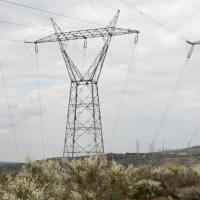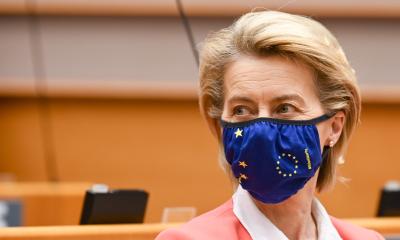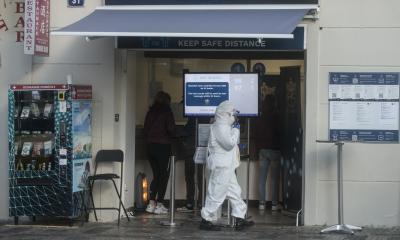The ECDC: Challenges during and after the Covid-19 pandemic
This policy brief analyses the challenges confronting the European Centre for Disease and Control (ECDC) during the pandemic and the extent to which the newly adopted regulation addresses them.
The pandemic has magnified the endemic design flaws of the EU’s health security framework.
The ECDC faced numerous challenges during the pandemic. First, it struggled to oversee fundamental disease surveillance in due time, partly due to member states’ incomplete, incomparable, and at times delayed data reporting to the Centre. Second, it took a rather reactive and cautious approach instead of a more proactive response with practical hands-on advice and support to member states based on best available evidence. Third, it interpreted its mandate strictly as a risk assessing agency rather than that of risk management.
The Centre’s strengthened mandate seeks to address these shortcomings. The updated regulation, informally agreed upon in November 2021, includes plans for state-of-the-art disease surveillance, improved preparedness, and response planning with member states, and stronger ECDC guidance before and during emergencies. The ECDC’s ability to formulate country-specific recommendations and options for risk management show that the EU is slowly moving into the area of risk management, previously considered a no-go area by member states.
The updated regulation does not solve all the problems facing the ECDC during the pandemic, not least because public health remains a national prerogative. As long as the ECDC relies on the member states’ goodwill to share key surveillance data, challenges to the quality of the ECDC’s epidemiological surveillance is likely to persist, including delays in risk assessment and management. Plans to roll-out a more digitalised surveillance system (e.g., a European Health Data Space) is a massive endeavour that will not be in place for some time.
Find the entire brief under documents to the right
The Think Tank EUROPA does not take collective positions. This publication only represent the views of their individual authors.



